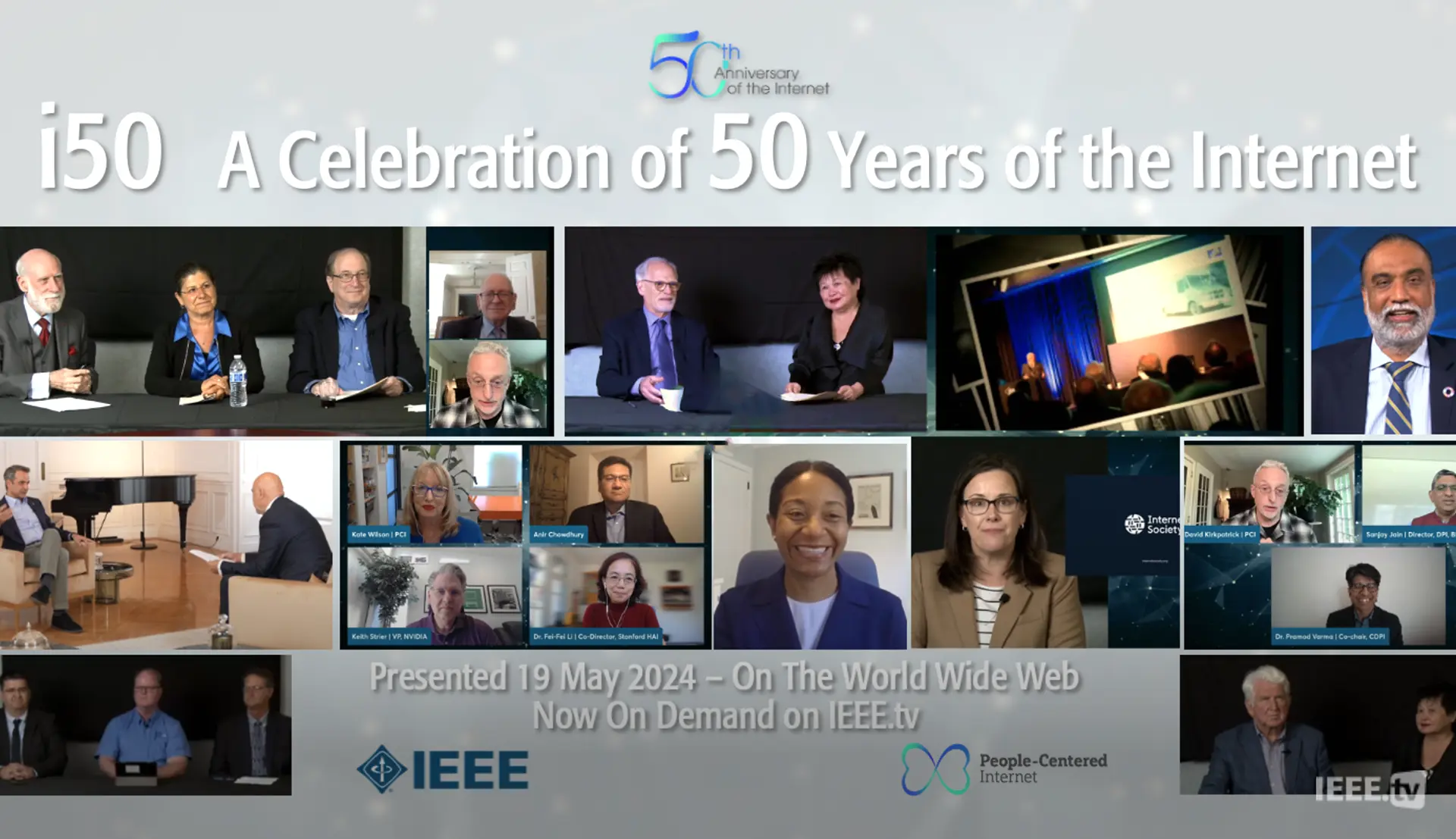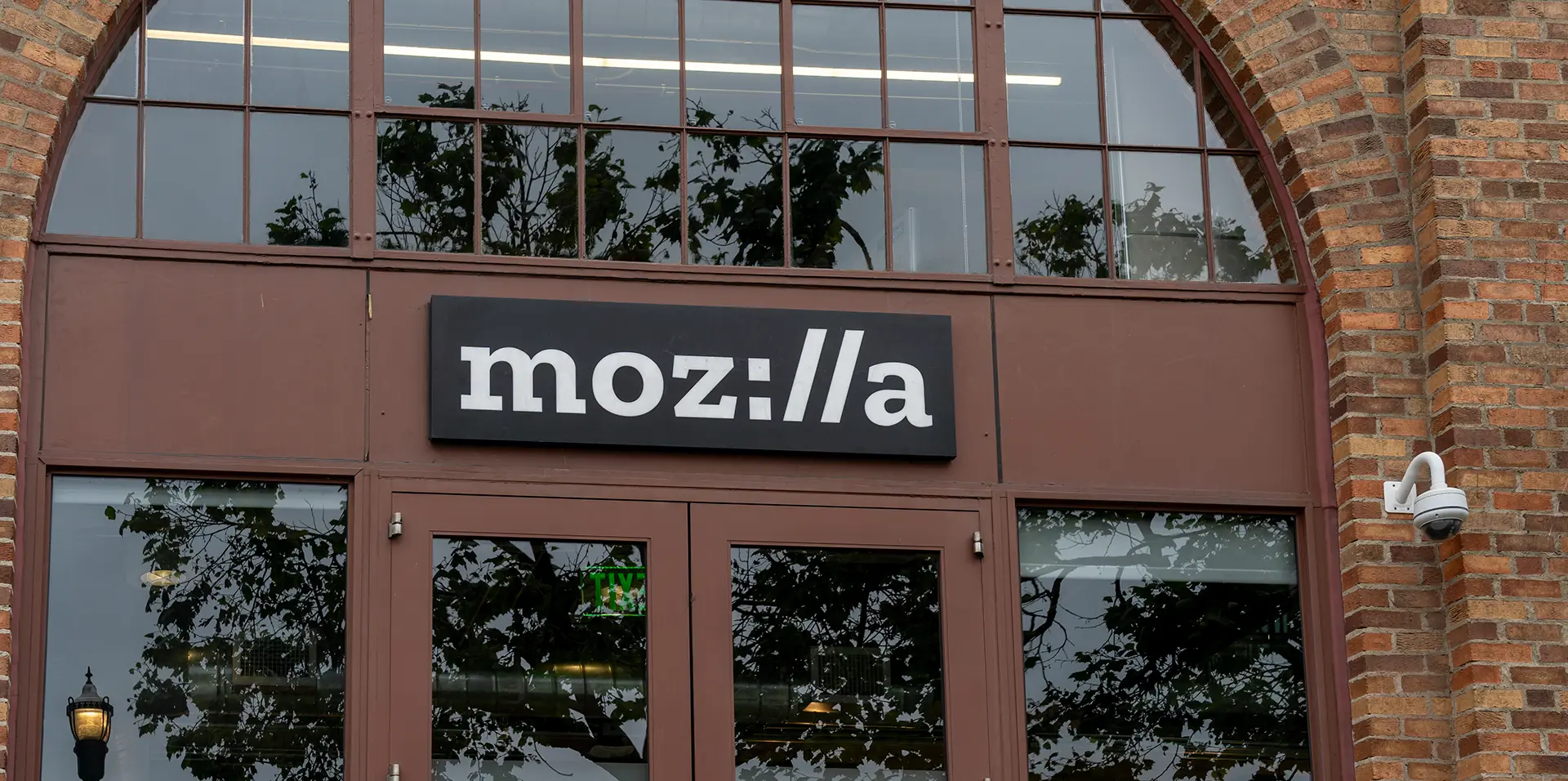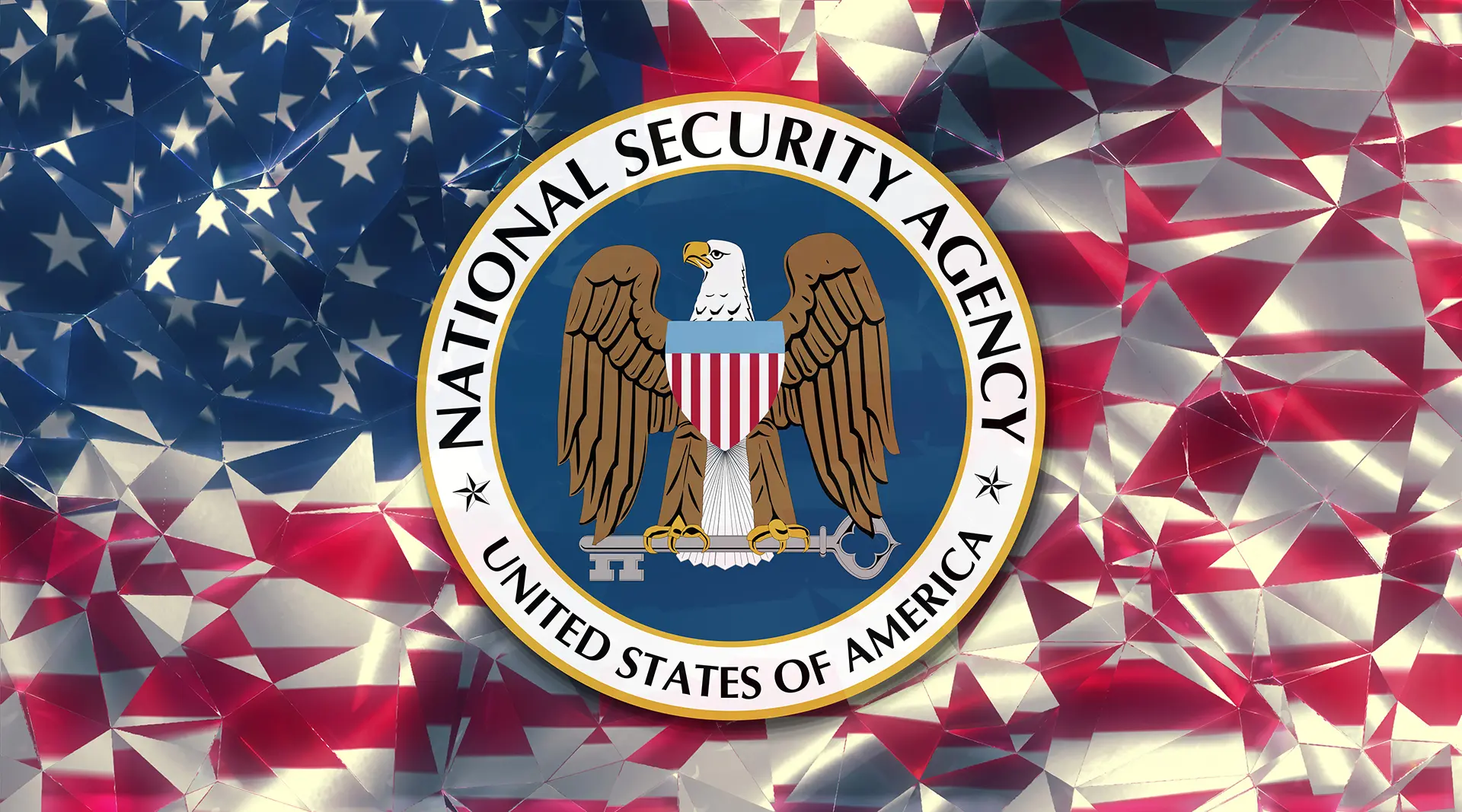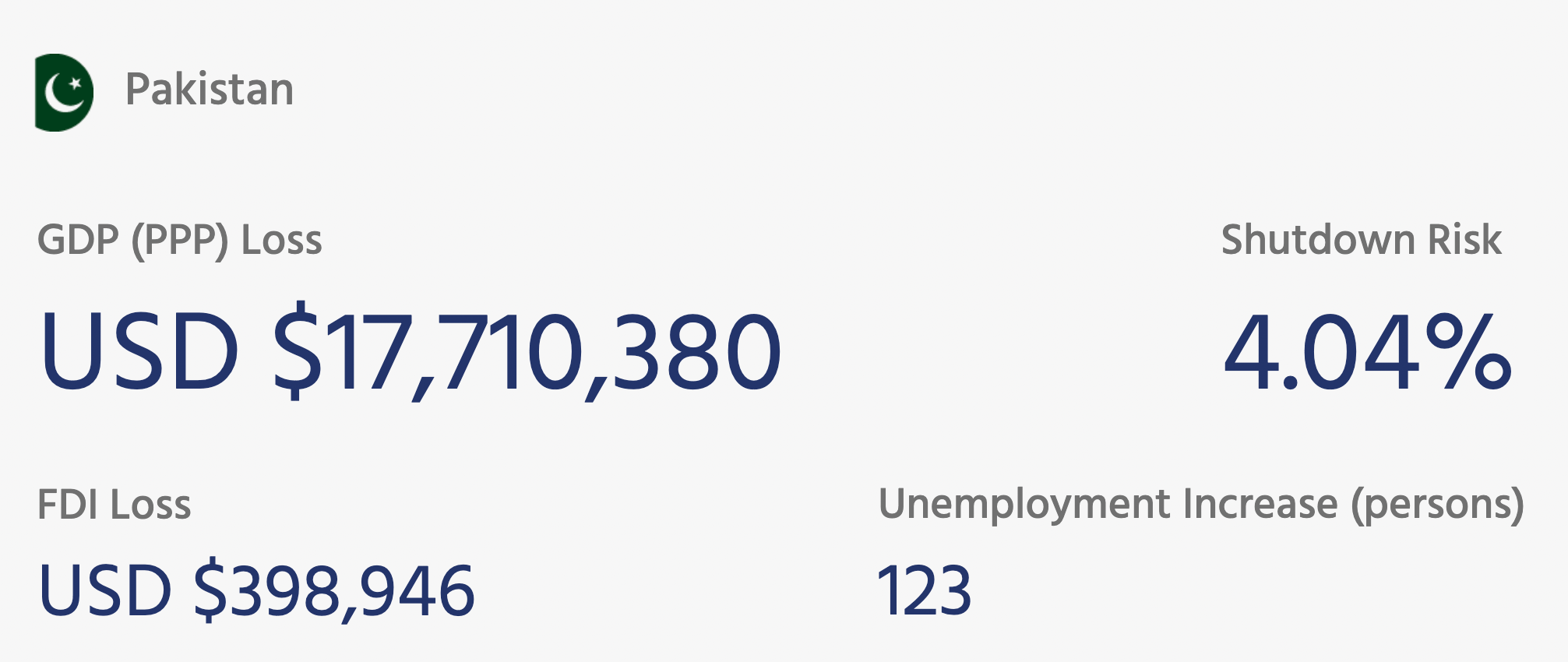

 At first glance, this book looks like another history of the Internet, but it is much, much more. The authors use their engineering and scholarly understanding of what constitutes Internet history to identify forks in the digital road and key past decisions that shaped the Internet's path. The first part of the book maps out the core technical and policy decisions that created the Internet.
At first glance, this book looks like another history of the Internet, but it is much, much more. The authors use their engineering and scholarly understanding of what constitutes Internet history to identify forks in the digital road and key past decisions that shaped the Internet's path. The first part of the book maps out the core technical and policy decisions that created the Internet.
 The Internet Archive's Controlled Digital Lending (CDL) lends out scans of physical books, ensuring that each scan is lent to one person at a time. Publishers sued, and the Archive lost thoroughly in April 2023. The Archive appealed the decision to the Second Circuit court in New York. As I said at the time, the appeal seemed like a long shot since that is the same court that said that Google Books was OK, mostly because it didn't provide full copies of the books.
The Internet Archive's Controlled Digital Lending (CDL) lends out scans of physical books, ensuring that each scan is lent to one person at a time. Publishers sued, and the Archive lost thoroughly in April 2023. The Archive appealed the decision to the Second Circuit court in New York. As I said at the time, the appeal seemed like a long shot since that is the same court that said that Google Books was OK, mostly because it didn't provide full copies of the books.
 AI technology seems to be a hot topic in every industry, and broadband is no exception. It seems inevitable that AI will be used to help monitor and control complex broadband networks. It looks like the biggest ISPs are already phasing AI into the customer service process. Nobody seems to be able to answer the big question of whether AI will change the amount of broadband the average household uses.
AI technology seems to be a hot topic in every industry, and broadband is no exception. It seems inevitable that AI will be used to help monitor and control complex broadband networks. It looks like the biggest ISPs are already phasing AI into the customer service process. Nobody seems to be able to answer the big question of whether AI will change the amount of broadband the average household uses.
 The Optus outage in Australia from last year was immediately on my mind when on Friday afternoon a similar event swept, this time, across the world. Also, in this case it was a software update that caused the problem. This time from global security software provider CrowdStrike. The culprit appears to be an update to the CrowdStrike Falcon platform, a security monitoring tool widely deployed by businesses and organisations on Microsoft desktop computers and notebooks.
The Optus outage in Australia from last year was immediately on my mind when on Friday afternoon a similar event swept, this time, across the world. Also, in this case it was a software update that caused the problem. This time from global security software provider CrowdStrike. The culprit appears to be an update to the CrowdStrike Falcon platform, a security monitoring tool widely deployed by businesses and organisations on Microsoft desktop computers and notebooks.
 It’s been a while since I took a look at the worldwide Internet. The statistics cited below come from Datareportal. The world population in January 2024 was 8.08 billion, up 74 million from a year earlier, a growth rate of 0.9%. There were 5.61 billion unique mobile subscribers in January, up 138 million (2.5%) over a year earlier. 5.35 billion people used the Internet at the end of 2023, up 97 million (1.8%) from a year earlier.
It’s been a while since I took a look at the worldwide Internet. The statistics cited below come from Datareportal. The world population in January 2024 was 8.08 billion, up 74 million from a year earlier, a growth rate of 0.9%. There were 5.61 billion unique mobile subscribers in January, up 138 million (2.5%) over a year earlier. 5.35 billion people used the Internet at the end of 2023, up 97 million (1.8%) from a year earlier.
 There have been a number of occasions when the Internet Engineering Task Force (IETF) has made a principled decision upholding users' expectations of privacy in their use of IETF-standardised technologies. (Either that, or they were applying their own somewhat liberal collective bias and to the technologies they were working on!) The first major such incident that I can recall is the IETF's response to the US CALEA measures.
There have been a number of occasions when the Internet Engineering Task Force (IETF) has made a principled decision upholding users' expectations of privacy in their use of IETF-standardised technologies. (Either that, or they were applying their own somewhat liberal collective bias and to the technologies they were working on!) The first major such incident that I can recall is the IETF's response to the US CALEA measures.
 Yesterday -- in a unanimous decision of the US Federal Court of Appeals for the DC Circuit (CADC) in ASTM v. Public.Resource.Org --- some of the worst standards paywalls came tumbling down. The court definitively determined that where governmental authorities incorporate private organisation technical standards into law by reference, non-commercial dissemination of those standards "constitutes fair use and cannot support liability for copyright infringement."
Yesterday -- in a unanimous decision of the US Federal Court of Appeals for the DC Circuit (CADC) in ASTM v. Public.Resource.Org --- some of the worst standards paywalls came tumbling down. The court definitively determined that where governmental authorities incorporate private organisation technical standards into law by reference, non-commercial dissemination of those standards "constitutes fair use and cannot support liability for copyright infringement."
 In 2020 a group of book publishers sued the Internet Archive over their Controlled Digital Lending program, which made PDF scans of books and lent them out from the Archive's website. For books still in copyright, the Archive usually limited the number of copies of a book lent to the number of physical copies of the book they had in storage. Several publishers sued with an argument that can be summarized as "that's not how it works."
In 2020 a group of book publishers sued the Internet Archive over their Controlled Digital Lending program, which made PDF scans of books and lent them out from the Archive's website. For books still in copyright, the Archive usually limited the number of copies of a book lent to the number of physical copies of the book they had in storage. Several publishers sued with an argument that can be summarized as "that's not how it works."
 I attended a workshop on the topic of Internet Fragmentation in July. The workshop was attended by a small collection of Australian public policy folk, some industry representatives, folk from various cyber-related bodies, and those with a background in Internet Governance matters. It was a short meeting, so the perils of fragmentation were not discussed at length, as they often can be, but the concerns about the breakup of the essential bonds that keep the Internet together were certainly palpable in that meeting.
I attended a workshop on the topic of Internet Fragmentation in July. The workshop was attended by a small collection of Australian public policy folk, some industry representatives, folk from various cyber-related bodies, and those with a background in Internet Governance matters. It was a short meeting, so the perils of fragmentation were not discussed at length, as they often can be, but the concerns about the breakup of the essential bonds that keep the Internet together were certainly palpable in that meeting.
 As the brand protection industry approaches a quarter of a century in age, following the founding of pioneers Envisional and MarkMonitor in 1999, I present an overview of some of the main outstanding issues which are frequently unaddressed or are generally only partially solved by brand protection service providers. I term these the 'Millennium Problems' in reference to the set of unsolved mathematical problems published in 2000 by the Clay Mathematics Institute, and for which significant prizes were offered for solutions.
As the brand protection industry approaches a quarter of a century in age, following the founding of pioneers Envisional and MarkMonitor in 1999, I present an overview of some of the main outstanding issues which are frequently unaddressed or are generally only partially solved by brand protection service providers. I term these the 'Millennium Problems' in reference to the set of unsolved mathematical problems published in 2000 by the Clay Mathematics Institute, and for which significant prizes were offered for solutions.
 Large Language Models (LLM) like GPT -- 4 and its front-end ChatGPT work by ingesting gigantic amounts of text from the Internet to train the model and then responding to prompts with text generated from those models. Depending on who you ask, this is either one step (or maybe no steps) from Artificial General Intelligence, or as Ted Chiang wrote in the New Yorker, ChatGPT Is a Blurry JPEG of the Web.
Large Language Models (LLM) like GPT -- 4 and its front-end ChatGPT work by ingesting gigantic amounts of text from the Internet to train the model and then responding to prompts with text generated from those models. Depending on who you ask, this is either one step (or maybe no steps) from Artificial General Intelligence, or as Ted Chiang wrote in the New Yorker, ChatGPT Is a Blurry JPEG of the Web.
 In the latest twist of the US-China spat, President Trump has his sights on TikTok, the short-form video-sharing platform and ByteDance subsidiary. On July 31, President Trump threatened to ban TikTok because it was a threat to US national security. On August 6, he made good on his threat when he signed an Executive Order to that effect. President Trump tightened the screws with an August 14 Executive Order requiring ByteDance to divest its assets in the US and destroy any TikTok data on its US users within 90 days.
In the latest twist of the US-China spat, President Trump has his sights on TikTok, the short-form video-sharing platform and ByteDance subsidiary. On July 31, President Trump threatened to ban TikTok because it was a threat to US national security. On August 6, he made good on his threat when he signed an Executive Order to that effect. President Trump tightened the screws with an August 14 Executive Order requiring ByteDance to divest its assets in the US and destroy any TikTok data on its US users within 90 days.
 A Forever URL is one that never expires. You own it and needn't worry about forgetting to renew it. The term itself is inspired by the US Forever Stamps, which you can use even if the postal rate goes up. This article looks at the underlying mechanisms for linking such information and is aimed at a technical audience. The DNS isn't just about websites; it is fundamental to how we connect endpoints, be they websites, devices, documents etc.
A Forever URL is one that never expires. You own it and needn't worry about forgetting to renew it. The term itself is inspired by the US Forever Stamps, which you can use even if the postal rate goes up. This article looks at the underlying mechanisms for linking such information and is aimed at a technical audience. The DNS isn't just about websites; it is fundamental to how we connect endpoints, be they websites, devices, documents etc.
 CDA Section 230 has been called "The 26 Words that Created the Internet". While it is obvious how Sec 230 protects the World Wide Web, it is equally important for e-mail. A recent Pennsylvania court case emphasizes this point. Dr. Thomas, a professor at the University of Pennsylvania, forwarded an article about another professor Dr. Monge to an online e-mail discussion list. Dr. Monge claimed the article was defamatory and sued Dr. Thomas, the university, and many others.
CDA Section 230 has been called "The 26 Words that Created the Internet". While it is obvious how Sec 230 protects the World Wide Web, it is equally important for e-mail. A recent Pennsylvania court case emphasizes this point. Dr. Thomas, a professor at the University of Pennsylvania, forwarded an article about another professor Dr. Monge to an online e-mail discussion list. Dr. Monge claimed the article was defamatory and sued Dr. Thomas, the university, and many others.
 The wide availability of dangerous and addictive drugs is ravaging society. Such devastation is bringing ever-increasing attention from legislators, regulators and from families who have lost loved ones. The Canadian International Pharmacy Association (CIPA) believes that the online marketing and sales of such products should be banned immediately. We call on governments, technology platforms, and the ICANN community to act quickly and bring an end to opioid sales online.
The wide availability of dangerous and addictive drugs is ravaging society. Such devastation is bringing ever-increasing attention from legislators, regulators and from families who have lost loved ones. The Canadian International Pharmacy Association (CIPA) believes that the online marketing and sales of such products should be banned immediately. We call on governments, technology platforms, and the ICANN community to act quickly and bring an end to opioid sales online.
 Internet’s 50th Anniversary Celebrated Worldwide with IEEE Event
Internet’s 50th Anniversary Celebrated Worldwide with IEEE Event Mozilla Launches Monitor Plus, A Comprehensive Privacy Service
Mozilla Launches Monitor Plus, A Comprehensive Privacy Service NSA Admits Purchasing Americans’ Internet Browsing Data Without Warrants
NSA Admits Purchasing Americans’ Internet Browsing Data Without Warrants Quantifying Internet Shutdowns: ISOC Introduces the NetLoss Calculator
Quantifying Internet Shutdowns: ISOC Introduces the NetLoss Calculator Celebrating 30 Years Since the World Wide Web Was Released to the Public
Celebrating 30 Years Since the World Wide Web Was Released to the Public Government of India, MeitY Organizes 2-Day Event to Promote Universal Acceptance and Multilingual Internet
Government of India, MeitY Organizes 2-Day Event to Promote Universal Acceptance and Multilingual Internet Europol Warns on the Criminal Usage of ChatGPT and Its Implications for Law Enforcement
Europol Warns on the Criminal Usage of ChatGPT and Its Implications for Law Enforcement Gordon E. Moore, Co-Founder of Intel and Father of Moore’s Law, Passes Away at 94
Gordon E. Moore, Co-Founder of Intel and Father of Moore’s Law, Passes Away at 94 Biden’s Cyberspace Ambassador Urges Americans to Tone Down the Anti-China and Anti-Russia Tough Talk on Tech
Biden’s Cyberspace Ambassador Urges Americans to Tone Down the Anti-China and Anti-Russia Tough Talk on Tech Google to Invest $10 Billion in India to Help Accelerate Its Digital Economy
Google to Invest $10 Billion in India to Help Accelerate Its Digital Economy